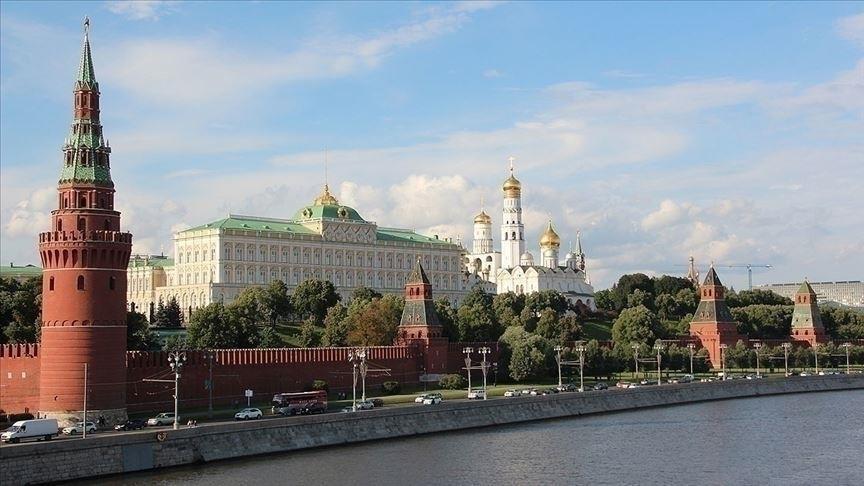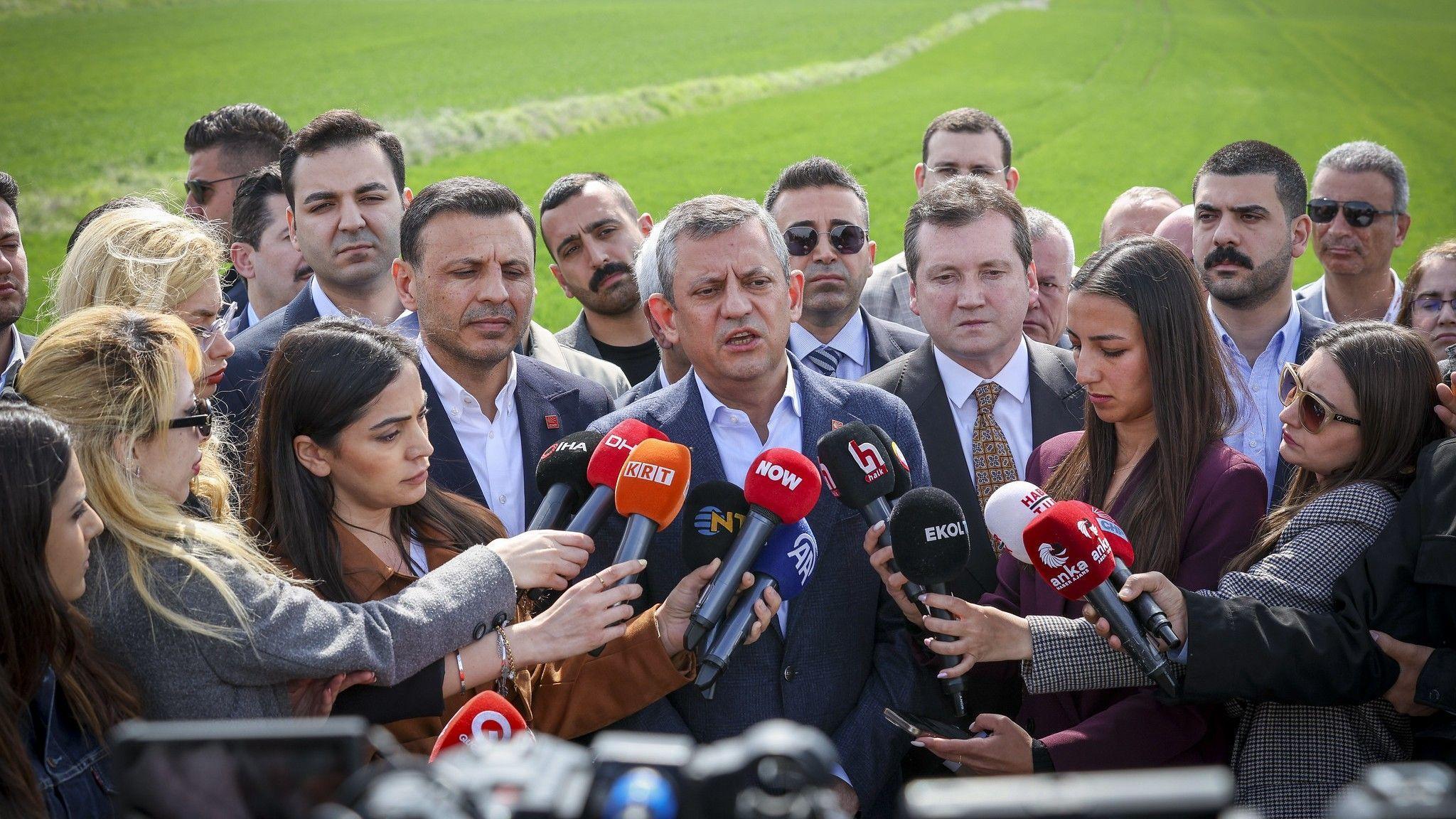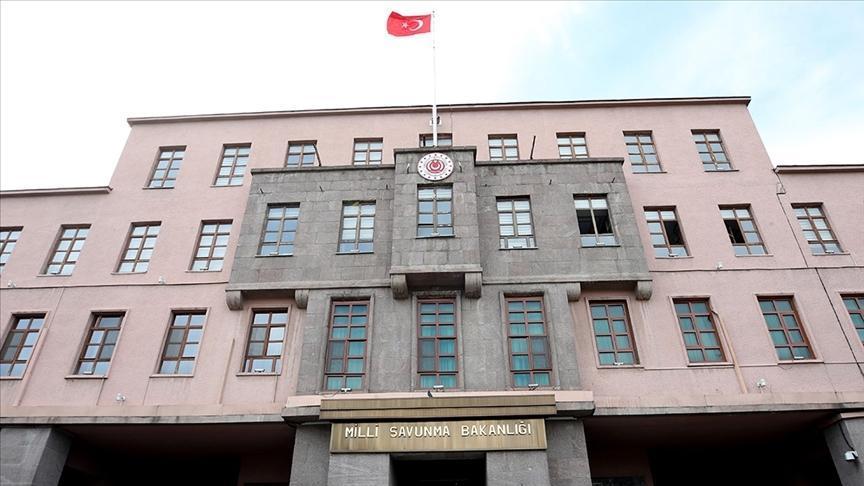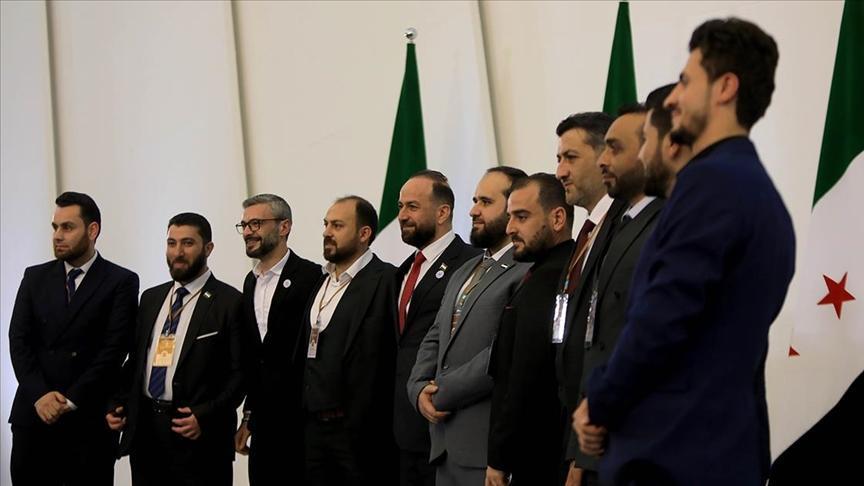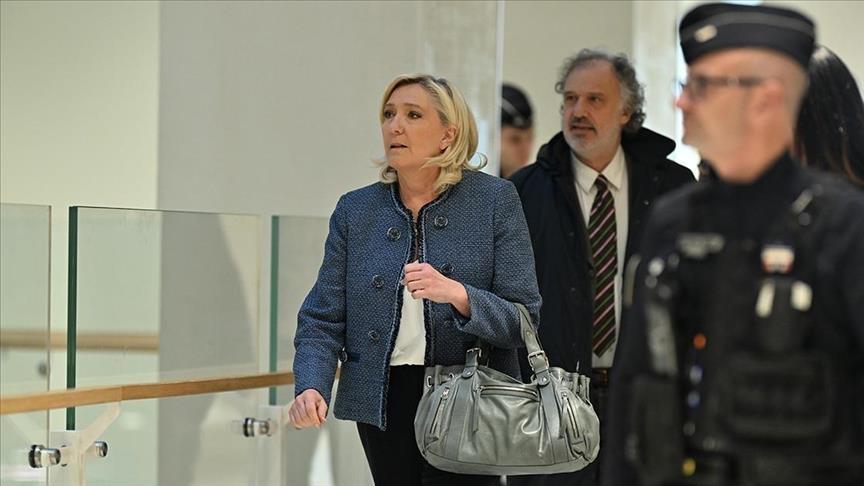Time for new approaches on Cyprus
It has become clear even for the Greek Cypriot side that the days of pretending to negotiate a federal solution but not moving an inch on any outstanding issue have come to an end. The latest report by the United Nations Secretary-General to the U.N. Security Council has underlined this as well. Turkey has been stressing it right from the first day after the latest collapse of the Crans-Montana round of talks.
Turkish Cypriot leader Mustafa Akıncı has been hesitantly stressing the same point, though federalist leftists on both sides of the Cyprus divide continue to dream of a resolution that might create a new Cyprus nation, devoid of ethnical, cultural and even linguistic divides. Nonsense.
If there is will for a negotiated settlement, there ought to first be some sort of common ground on which the new round of talks must be built on. If with some utopic and ultra-romantic expectations the Greek side—and their collaborator minority in Turkish Cypriot society—continue to believe talks might pick up from where they were left at Crans-Montana, I am sorry to say but neither the majority of the Turkish Cypriot parliament and people nor Ankara can buy such an illusion. What Akıncı thinks is of course important, but totally irrelevant if it does not conform to the expectations of the majority of his people, apart from Turkey.
As the secretary-general clearly stressed, the new round of talks must not be open ended, as Greek Cypriot leader Nikos Anastasiades has been demanding. Using the Cyprus talks process to legitimize single-handed decisions regarding the exploitation of natural resources on and off the island can no longer be tolerated. Turkish Cypriots have as much rights as Greek Cypriots to the natural resources of Cyprus.
As long as there is no settlement, the rights of Turkish Cypriots cannot be limited to only Northern Cyprus and its Exclusive Economic Zone (EEZ). If Greek Cypriots undertake any fait accompli regarding hydrocarbon riches within the Cyprus EEZ, such an action will be a violation of the partnership rights of Turkish Cypriots and Turkey has vowed to take every action for its protection. It is not because Turkey is after such an adventure but sending Greek ships to deter Turkish-Cyprus sanctioned exploration activities might only trigger a confrontation Greece most probably would not want to see in its worst nightmare.
The Cyprus problem must be resolved through talks and mutual compromise. For that, the two sides must negotiate a methodology and create a common ground for negotiations on which an agreement might be constructed brick by brick within a time frame. Otherwise, should a time frame expire because of greed by Greek Cypriots not to share power with Turkish Cypriots, the penalty clause must be applied there.
Agreeing on that penalty clause, or what will be the status of the Turkish Cypriot state, is a fundamental precondition for any new Cyprus process if talks fail to bring about a resolution within a certain period. If Greek Cypriots are unwilling to agree to such a condition, there is no need to waste another 10 to 15 years on futile talks, which are doomed to fail.
Not only should new talks have a clear timetable, parameters of power sharing between the two sides and some fresh ideas including but not restricted to loose federation, confederation and even two states must be discussed. Probable alternatives to the 1960 guarantee scheme, the future of “sovereign” British bases and giving Turkey a sovereign base in exchange for terminating its guarantor status must also be on the table.
“Issues should not be approached with a Cold War mentality” was a cliché up until recently. Well, the Cyprus issue should definitely be handled with the awareness of advantages European Union membership might offer the island (as a loose federation or as two states) not only to Cypriot antagonists, the EU, Turkey and Greece, but to the global climate.
Perhaps no one puts it wiser than Mevlana Celaleddin-i Rumi, who had said, “What word that belongs to yesterday, is gone, my loved one, with yesterday. Now is the time to say new things.”



